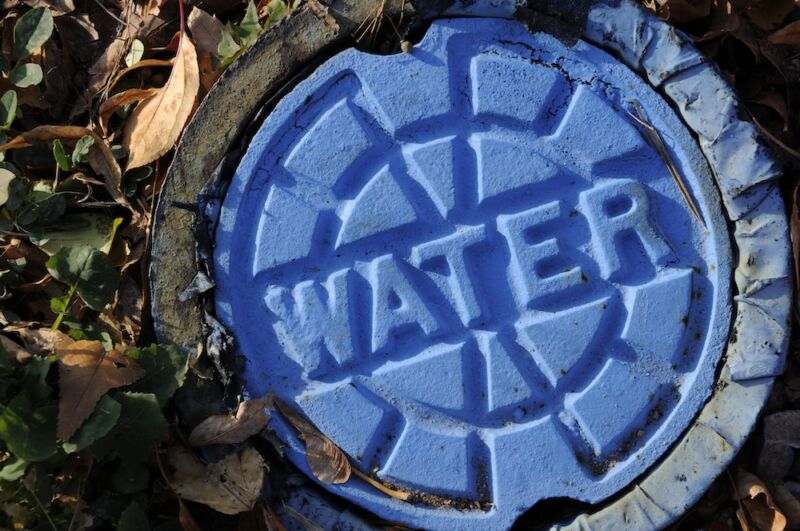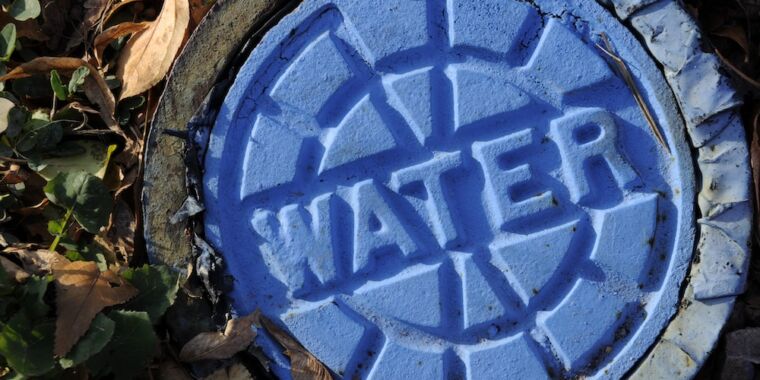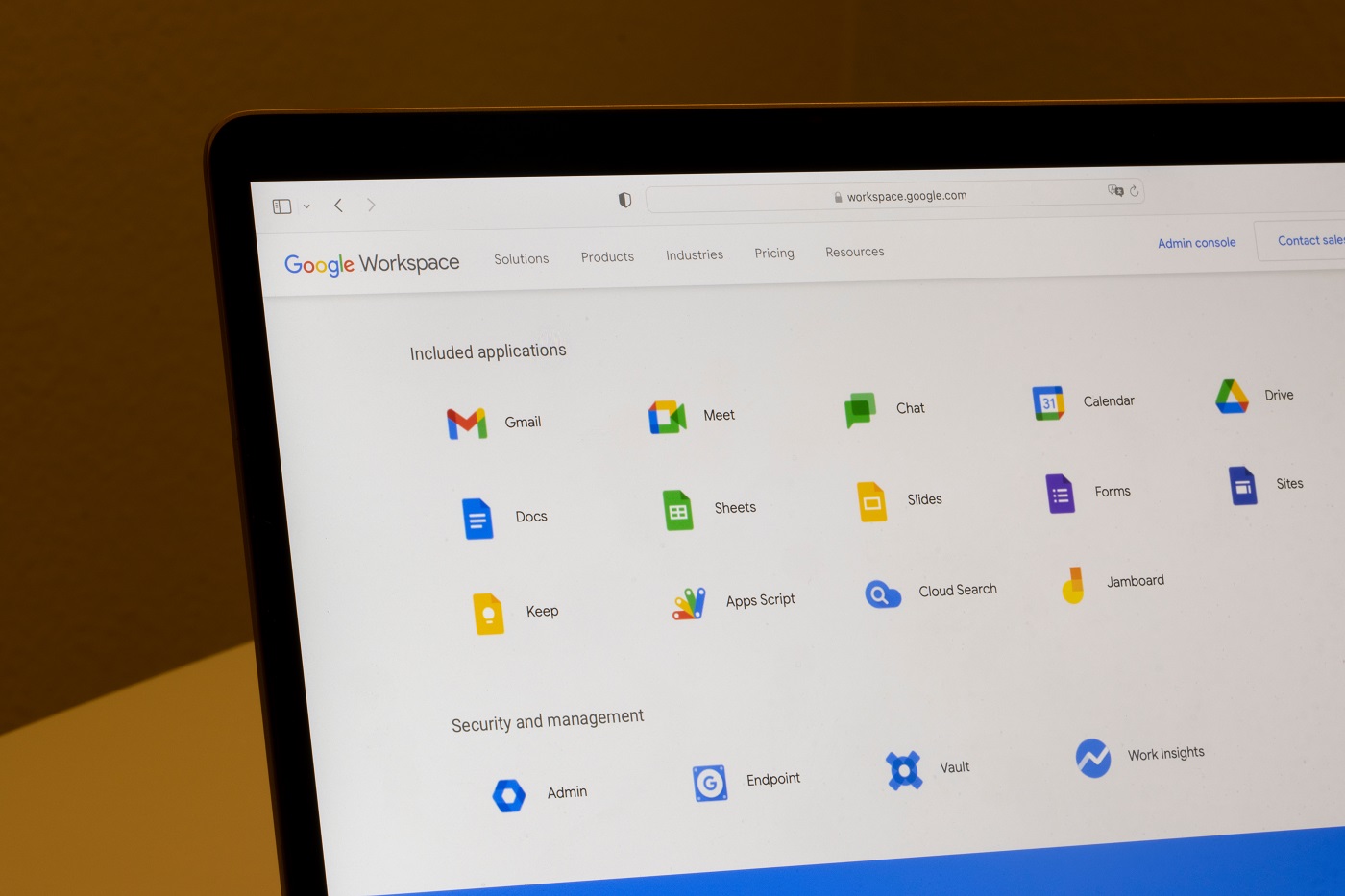2 municipal water facilities report falling to hackers in separate breaches

Getty Images
In the stretch of a few days, two municipal water facilities that serve more than 2 million residents in parts of Pennsylvania and Texas have reported network security breaches that have hamstrung parts of their business or operational processes.
In response to one of the attacks, the Municipal Water Authority of Aliquippa in western Pennsylvania temporarily shut down a pump providing drinking water from the facility’s treatment plant to the townships of Raccoon and Potter, according to reporting by the Beaver Countian. A photo the Water Authority provided to news outlets showed the front panel of a programmable logic controller—a toaster-sized box often abbreviated as PLC that’s used to automate physical processes inside of industrial settings—that displayed an anti-Israeli message. The PLC bore the logo of the manufacturer Unitronics. A sign above it read “Primary PLC.”
WWS facilities in the crosshairs
The Cybersecurity and Infrastructure Security Administration on Tuesday published an advisory that warned of recent attacks compromising Unitronics PLCs used in Water and Wastewater Systems, which are often abbreviated as WWSes. Although the notice didn’t identify any facilities by name, the account of one hack was almost identical to the one that occurred inside the Aliquippa facility.
“Cyber threat actors are targeting PLCs associated with WWS facilities, including an identified Unitronics PLC, at a US water facility,” CISA officials wrote. “In response, the affected municipality’s water authority immediately took the system offline and switched to manual operations—there is no known risk to the municipality’s drinking water or water supply.”
Water Authority officials told reporters the hacked PLC regulates pressure to elevated regions and was housed in what’s known as a booster station that served Raccoon and Potter. As soon as the PLC was hacked, the booster station sent an alarm to operators who then took the system offline and took manual control. They said there was never a threat to the availability of water to the 6,615 customers the facility serves.
…


